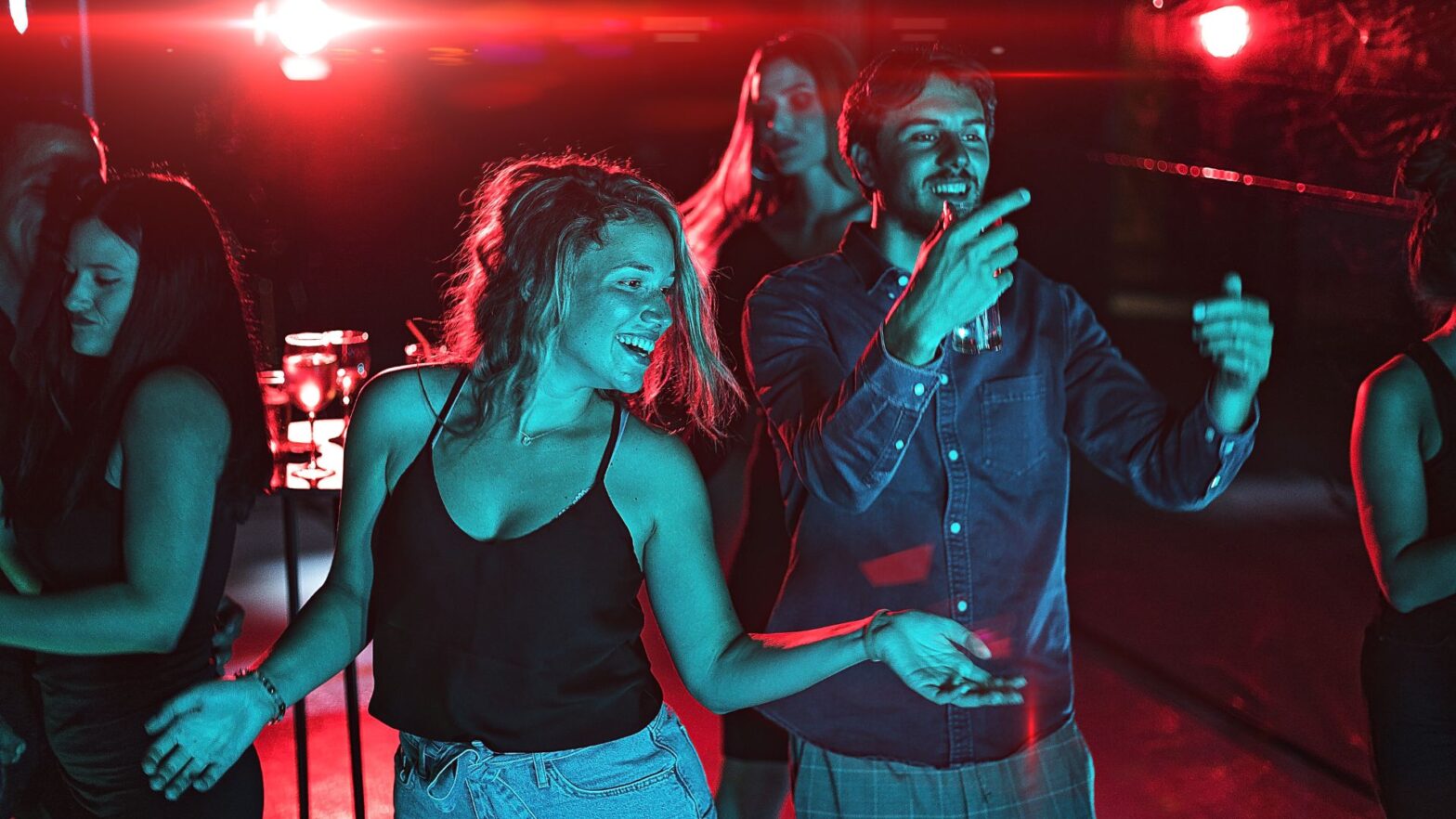Amsterdam Dance Event (ADE 2025) returns this year between 22nd and 26th October. And for most of a week, much of the Dutch capital becomes the world capital of electronic music. What began as a small conference for industry professionals in 1996 has grown into a world event.
ADE 2025 – a city-wide experience
ADE differs from most music festivals. There is no central arena; instead, the whole city becomes a stage. Nightlife hubs such as Leidseplein, Rembrandtplein and NDSM Wharf host late sessions, while museums and theatres open their doors to electronic performances. Alongside the big performers are hundreds of smaller acts, often drawing cult followings.
More than 1,000 performances are expected across 200 venues, ranging from superclubs to hidden galleries. For UK travellers, ADE combines established names with underground discoveries. It’s part clubbing holiday and part professional summit; and increasingly a cultural institution in its own right.
What makes ADE distinctive
So, yes, there’s music and dance aplenty, but the real pull is the impact it has on the music industry. You’ll find top billing for conferences, panel discussions, workshops, and masterclasses. Industry-leading speakers discuss past, current and future trends. Discussion points range from the use and impact of AI to the politics of dance and supply chain challenges.
Parallel to the music, dance and open events, ADE Pro brings together thousands of industry professionals. Labels, managers and promoters meet in seminars and workshops, making Amsterdam a temporary capital of the global music business. Meanwhile, ADE Lab offers young producers a chance to learn from established artists. The city’s scale means festival-goers can spend the afternoon at a masterclass and the evening in a packed warehouse until dawn.
Getting around the city
Amsterdam’s transport is efficient but can be confusing for first-timers. All main districts are linked by the GVB network of trams, buses, and metro lines. A one-hour ticket costs €3.40, while those tapping in with debit or credit cards are charged distance-based fares capped at €10 per day. Taxi travel is regulated: in 2025 the starting fare is around €4.15 with a per kilometre charge of €3.05
Payment is overwhelmingly digital. Buses and trams are now cashless. Yet a curious exception exists: some older metro ticket machines switched to “cash-only” operation in January 2025. For UK visitors, that means euro coins and notes can be very useful.
The cost of a night out
Amsterdam is consistently rated as one of Europe’s pricier capitals. A draught beer in a central bar costs €6–6.50. A fast-food meal at McDonald’s is about €13–14, while a sit-down burger and fries in a casual restaurant is closer to €15–20. Coffee prices average €4–5 depending on the neighbourhood. Soft drinks such as a 330ml Coke sell for around €2.50–3.00.
With many ADE-goers staying out late, these everyday prices quickly mount up. A typical evening might involve three or four drinks (€25), a taxi ride home (€15–20), and food along the way (€15).
Tipping is discretionary but appreciated. In restaurants, 5–10% is common for good service, though rounding up is acceptable. Taxi drivers rarely expect more than rounding to the nearest euro or €10 for longer trips. Tips can often be added to electronic payments, but it’s useful to have cash for this purpose too, as tipping etiquette can vary by context. And before you pay, check if a service charge is included. Look out for “inclusief servicekosten” on your bill.
Why carry cash for ADE 2025?
Most ADE spending can be done with cards. But there are still moments when cash smooths the experience:
- Paying for toilets at venues or stations (€0.50–1)
- Buying snacks at street stalls or small events, and even some smaller bars and restaurants may be happy to receive cash
- Using “cash-only” metro machines after dark.
- Tips, when cash just seems more appropriate – if you’re in café or restaurant, for example, look around to see what others are doing, or just ask what is preferred.
Carrying Euros in notes and some coins is a useful habit, so you won’t be left unable to pay, or stranded by mistake.
Managing travel money
Airport bureaux de change often offer poor exchange rates, and ATMs may charge fees for the currency conversion. So plan ahead and look for the best alternative to that last-minute scramble. Money4Travel, for example, enables UK travellers to pre-order euros online, and collect them close to home.
Specifically, Money4Travel will search for the best exchange rates within a ten-minute drive of your post code. It’s local and you benefit from a buy-back guarantee. Plus, the platform rewards users with loyalty points, known as Pips. For an event like ADE, this means sorting out the money before you go becomes easy.
Final thought
The Amsterdam Dance Event is a week where the city becomes the global capital of electronic music. Costs can be high: €6 beers, €3-per-kilometre taxis and €5 coffees add up quickly. Digital payments dominate, but cash in your wallet too can be the difference between convenience and frustration. UK festival-goers who prepare with both cards and cash can focus on the music, not the money.
By Declan Morton, writer and editor at Money4Travel – the online service for foreign currency sales in the UK. More about the author.
For reference: Amsterdam Dance Event – official site, GVB Amsterdam and OVpay fares , Municipality of Amsterdam – Taxis, Amsterdam Taxi fare calculator, Numbeo Amsterdam , Tipping in Amsterdam .



